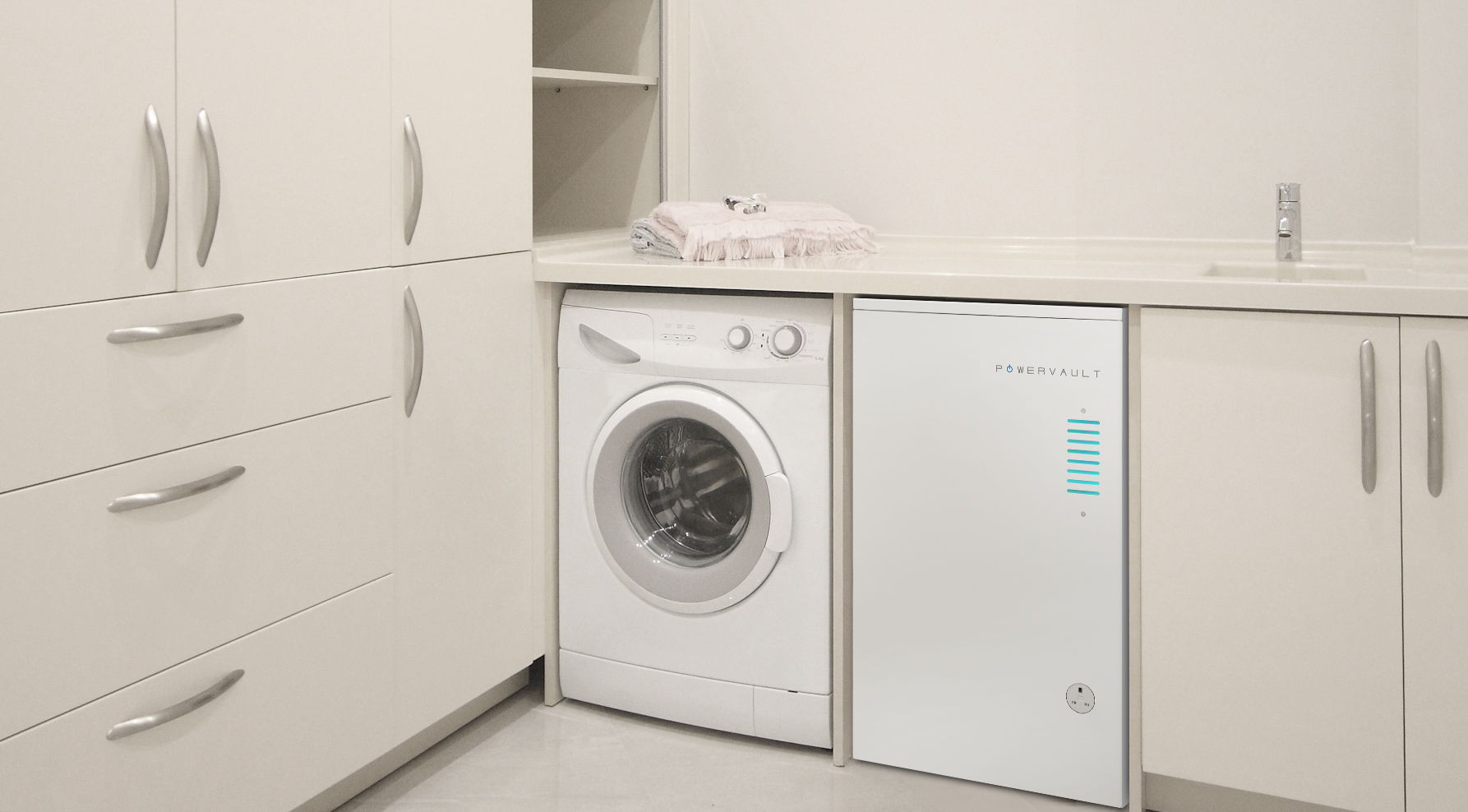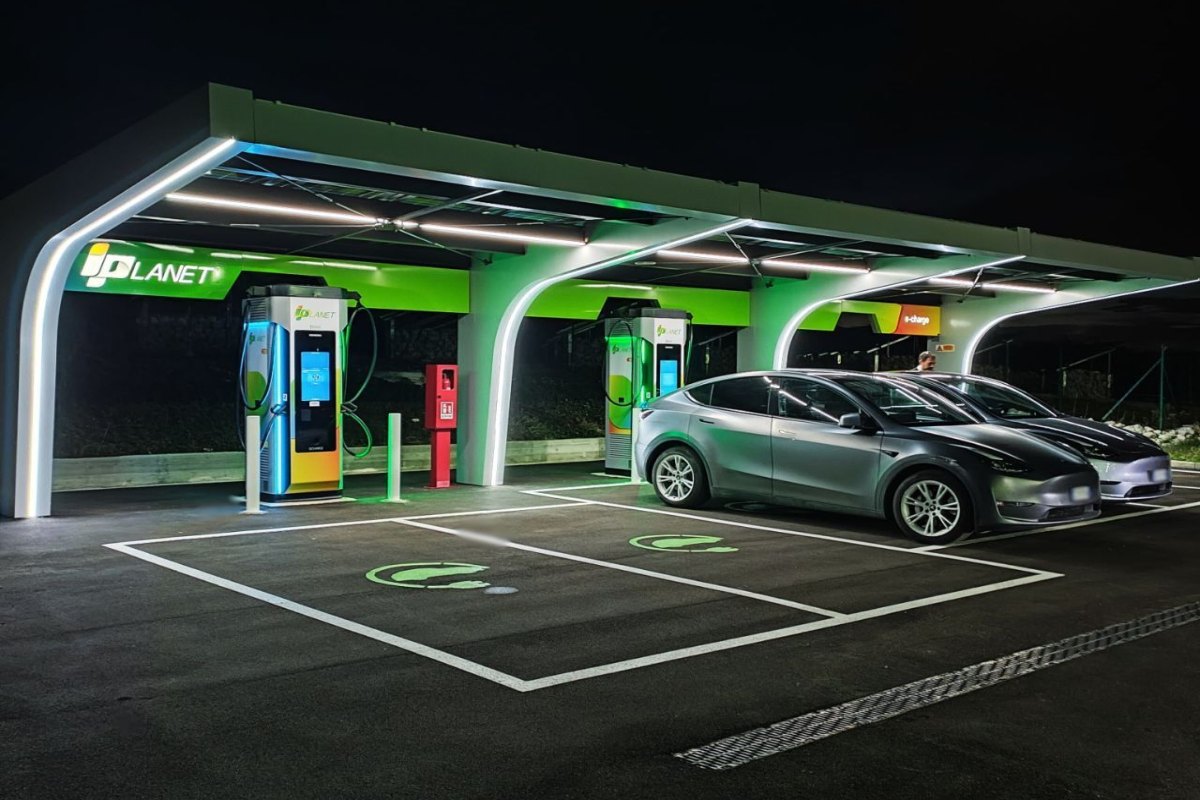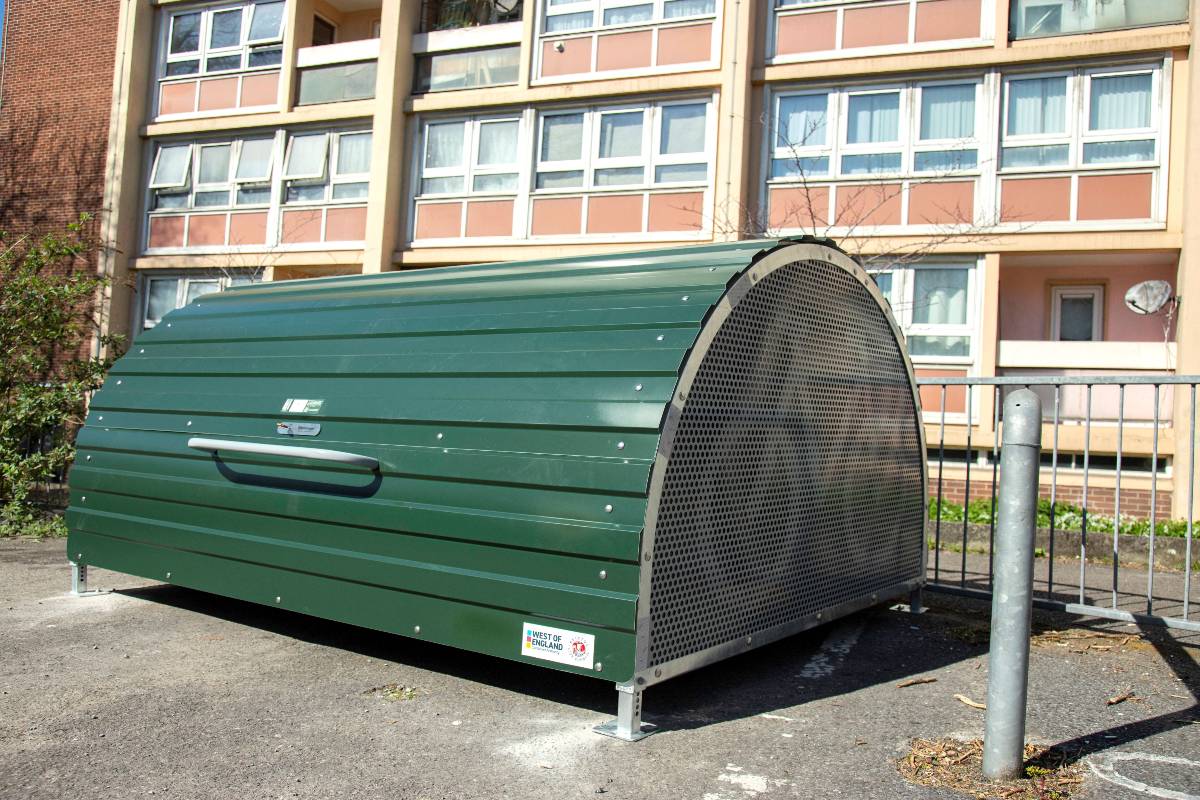Special Reports
SusHi Tech Tokyo 2024: experience ‘Tokyo 2050’ todaySponsored by The SusHi Tech Tokyo 2024 Showcase Program Executive Committee
Start-up: Sun, store and use
When it was founded in 2012, the vision guiding Powervault was to be an affordable, easy-to-use and install, energy storage product aimed at homeowners.


The Ancient Egyptians worshipped Ra, the Sun God, the foremost of all their numerous deities and the embodiment of light, warmth and growth. And while Ra is now just an iconic reminder of a sensational lost civilisation, interest in solar has skyrocketed.
According to the Department of Energy & Climate Change (DECC), a total of 13GW of solar capacity is expected to be installed in Britain by 2020. Last year, worldwide investment in solar energy hit £113bn – more than gas and coal combined.
Powervault, a London-based energy storage start-up, founded by Sustainable Venture Development Partners, raised a record breaking £150, 000 of seed funding just eight hours on the world leading crowd funding platform, Crowdcube in 2014. To date, it has raised almost one million pounds, and the latest live crowdfunding campaign will help to meet demand and expand the company’s offering in the market.
“I think there’s a growing trend at the moment,” says CEO Joe Warren (above) “First of all, people have become much more interested in crowdfunding. There has been an upsurge in interest from private investors making effectively, venture capital investments, but also within the crowdfunding platform there’s been a lot of interest particularly in clean energy investments.”
When it was founded in 2012, the vision guiding Powervault was to be an affordable, easy-to-use and install, energy storage product aimed at homeowners, who happened to be the 850, 000 or so in the UK who had fitted PV solar panels.
The Powervault kit provides this demographic with everything needed to get cheaper efficient, energy and grid-independent power. This includes the batteries, electronic component, the inverter, plus connection to the company’s cloud system to help monitor and manage energy storage, as well as create more value from it such as taking advantage of future smart tariffs. Installation needs to be carried out by an electrician, and takes about an hour.
Homeowners can store cheap off-peak power for peak time consumption, lowering electricity bills by up to 20 per cent but when combined with a rooftop PV solar panel, this reduction can hit an impressive 60 per cent.
“Our product is ideal to retrofit to people’s homes because it’s easy to install, its compatible with all solar PV systems and it’s also low cost. So really that’s where we see our USP, with people who already have PV panels,” says Warren.
Powervault is available to buy from electrical and solar installers and the company has three distributors in place. “They are basically selling to customers that have got solar PV, the people that sold them that solar PV system are going back to their customers and offering them the opportunity to add energy storage to their system,” says Warren.
The company is also currently in discussion with several industry players from electricity suppliers to network operators. By the end of the year, it expects to have 500 Powervault energy systems deployed in the UK. It has also sold a unit overseas and is in active discussions about taking the product to other countries.
“We will be selling this product internationally on a wide scale in the future,” says Warren.
The company is currently experiencing rapid expansion, and has just released a second-generation future proof version of its system that can cope with different battery technologies and future smart grid tariffs.
Powervault utilises both Lead Acid and Llithium Ion batteries, the benefits of which, explains Warren, allows customers to choose the most cost-effective battery now, with the option of migrating in the future as battery prices come down.
With Lead Acid batteries, around 90 per cent of the lead will have already be a recycled source, and are fully recyclable, they have a closed loop recycling system. “They are still a valuable commodity when they’re scrapped. There’s a value to collecting them and recycling them. We offer that recycling service to customers,” says Warren.
However, as far as the future is concerned, the onus is with Lithium Ion. Indeed the company has been working with electric vehicle pioneer Nissan for the past 18 months. Trials of Nissan Leaf batteries have been ongoing, and the company has also called upon the expertise of ISIS Innovation Business Consulting at the University of Oxford, which has further supported the company’s research into lithium Ion battery performance and understanding.
“We’ve been talking to them (Nissan) for some time,” says Warren. “ And we have the intention to launch second life products with their batteries later this year We believe they will be the cheapest and greenest in the market.”
Depending on the batteries used, Powervault prices range from £2.5k to £5k, and while they are mainly targeting residential properties, small commercial businesses are also buying into the energy benefits.
“We are really in the process of a transition from centralised energy generation and transmission to more distributed and cleaner forms of energy,” says Warren. “That’s affecting businesses like Powervault. We are giving people opportunities with technologies like energy storage to help consumers reduce environmental impact, reduce carbon emissions and save money.”


















